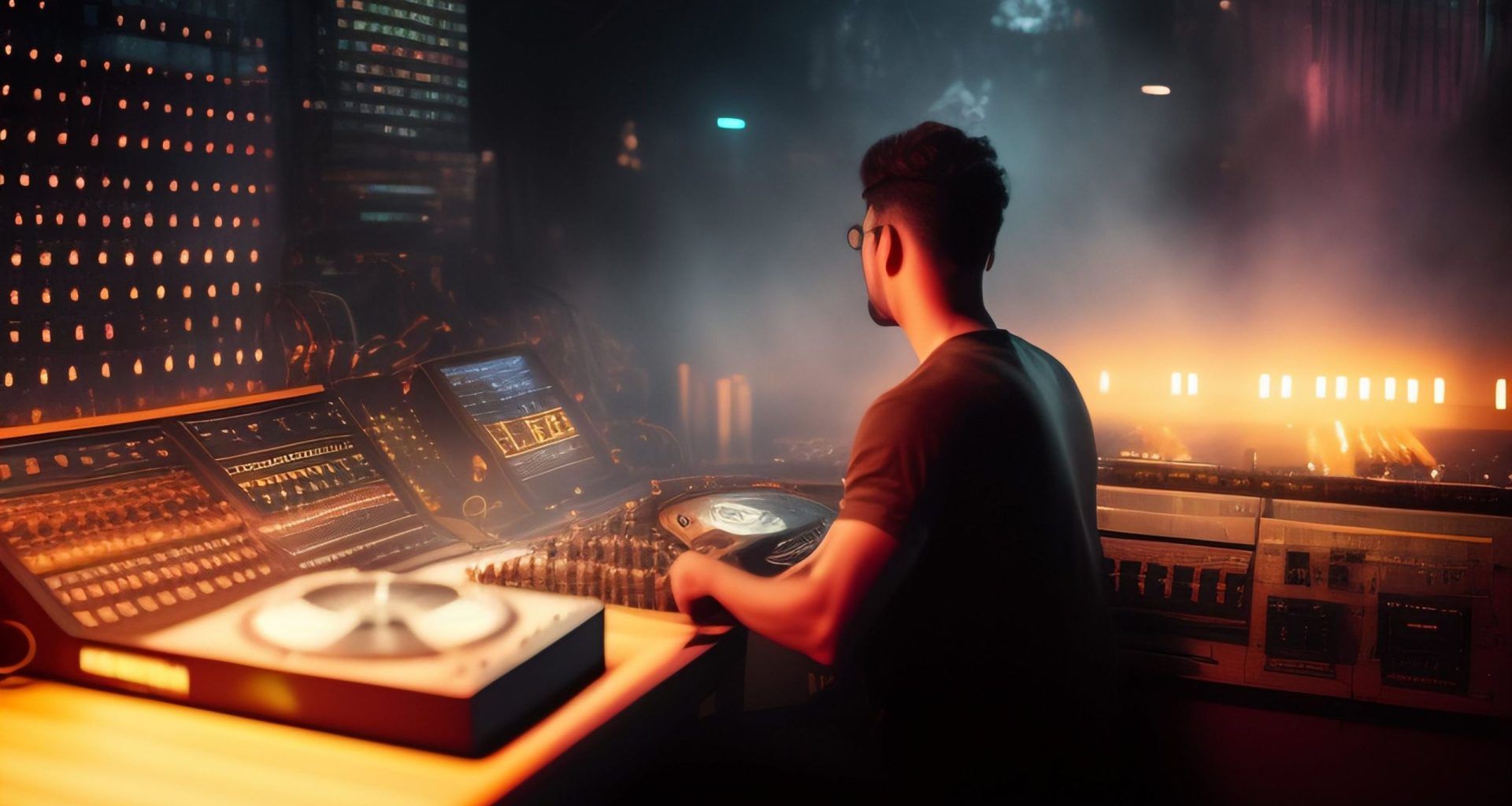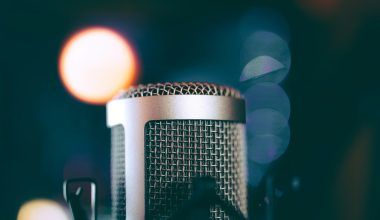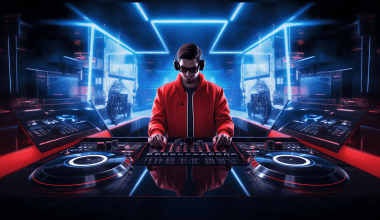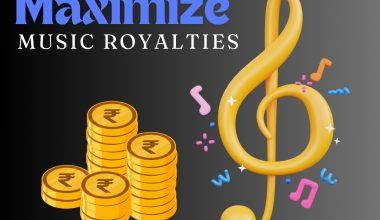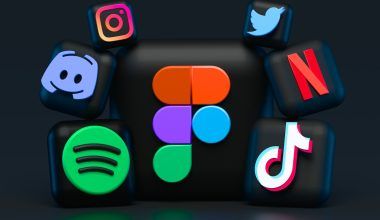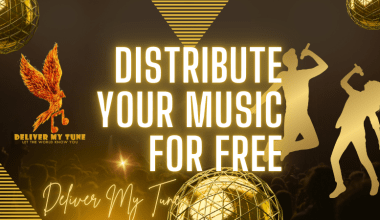The music industry is a vibrant and dynamic field that thrives on creativity and innovation. However, with this creativity comes the need for protection, particularly in the realm of copyrights. Copyright issues in the music industry are a significant concern for artists, producers, and stakeholders alike. This blog delves into the intricacies of copyright issues in the music industry, highlighting the common problems, solutions, and the importance of understanding music copyright in India and beyond.
What is Copyright in Music?
Copyright is a legal right granted to creators of original works, including music, literature, and art. In the context of music, copyright protects the songwriter’s and composer’s rights to their creations. This protection ensures that only the copyright holder can use, distribute, or reproduce the work, unless they grant permission to others.
The Importance of Copyright in the Music Industry
Understanding copyright issues in the music industry is crucial for several reasons:
- Protection of Intellectual Property: Copyright ensures that the creators of music are recognized and rewarded for their work.
- Economic Benefits: Copyright allows artists to earn from their creations through royalties and licensing.
- Control Over Use: Copyright gives creators control over how their work is used and distributed.
Common Copyright Issues in the Music Industry
One of the most prevalent copyright issues in the music industry is unauthorized use or piracy. This occurs when music is copied, shared, or distributed without the creator’s permission, leading to significant financial losses for artists.
Unauthorized use and piracy are significant challenges for musicians worldwide. The digital age has made it easier for people to access music online, but it has also made it easier for music to be pirated. When someone downloads or shares music without paying for it or without the artist’s permission, it is considered piracy. This illegal activity deprives artists and producers of their rightful earnings and can significantly impact their livelihoods. The consequences of piracy extend beyond financial loss; it can also harm an artist’s reputation and affect future opportunities.
Sampling and Remixing
Sampling, where a portion of a sound recording is reused in another song, and remixing are common practices in music production. However, these practices can lead to copyright issues in the music industry if done without proper authorization from the original copyright holders.
Sampling involves taking a portion of a sound recording and reusing it in a new piece of music. While this practice can lead to creative and innovative new works, it can also result in copyright issues in the music industry if the original artist’s permission is not obtained. Many famous songs have faced legal challenges due to unauthorized sampling, leading to lawsuits and settlements. Similarly, remixing, which involves altering the original track to create a new version, can also lead to copyright disputes if done without proper authorization.
Licensing Disputes
Licensing music for use in films, commercials, and other media requires clear agreements. Disputes can arise when there is a misunderstanding or breach of these agreements, leading to copyright issues in the music industry.
Licensing is a critical aspect of the music industry, allowing artists to earn revenue by permitting others to use their music. However, licensing agreements must be clear and comprehensive to avoid disputes. These agreements should outline the scope of use, duration, and payment terms. Misunderstandings or breaches of these agreements can lead to legal battles and financial losses. Licensing disputes are common in the music industry, and they underscore the importance of having well-drafted contracts that protect the rights of all parties involved.
Royalty Distribution
Distributing royalties correctly can be complex, especially with the involvement of multiple stakeholders like songwriters, producers, and performers. Incorrect or delayed royalty payments are significant copyright issues in the music industry.
Royalty distribution is a complex process involving the payment of earnings to all contributors of a musical work, including songwriters, composers, and performers. Ensuring that everyone receives their fair share can be challenging, and incorrect or delayed payments can lead to disputes. The digital age has introduced new challenges in royalty distribution, with streaming services and digital downloads complicating the process. Transparency and accuracy in royalty distribution are crucial to avoid disputes and ensure that artists are fairly compensated for their work.
Copyright Laws and Music Copyright in India
Music copyright in India is governed by the Indian Copyright Act of 1957, which has been amended several times to address the evolving needs of the industry. Key aspects include:
- Duration of Copyright: In India, the copyright in musical works lasts for 60 years from the beginning of the year following the death of the author.
- Rights of the Author: The author of a musical work has the exclusive right to reproduce, distribute, perform, and communicate the work to the public.
- Moral Rights: Apart from economic rights, authors also have moral rights to claim authorship and to object to any distortion or modification of their work.
India’s copyright laws are designed to protect the rights of creators and ensure that they are fairly compensated for their work. The Indian Copyright Act of 1957 provides a legal framework for protecting intellectual property, including musical works. The Act has been amended several times to keep pace with changes in technology and the music industry. One of the key aspects of the Act is the duration of copyright protection, which lasts for 60 years after the author’s death. This extended protection ensures that creators and their heirs can benefit from their work for a long time.
Protecting Your Music from Copyright Issues
Registering Your Copyright
While copyright is automatically granted upon the creation of a work, registering your copyright can provide stronger legal protection in the event of infringement. In India, this can be done through the Copyright Office.
Registering your copyright is an important step in protecting your music. Although copyright protection is automatically granted upon creation, registration provides additional legal benefits. It serves as proof of ownership and can be crucial in legal disputes. In India, you can register your copyright with the Copyright Office by submitting an application along with the required fees. The registration process involves examining the work and ensuring that it meets the criteria for copyright protection.
Understanding Licensing Agreements
Clear and comprehensive licensing agreements are essential to avoid copyright issues in the music industry. These agreements should outline the scope of use, duration, and payment terms to prevent disputes.
Licensing agreements are a key component of the music industry, allowing artists to grant permission for others to use their work. These agreements should be clear and detailed, specifying the scope of use, duration, and payment terms. A well-drafted licensing agreement can prevent disputes and ensure that all parties are aware of their rights and obligations. It is advisable to seek legal assistance when drafting licensing agreements to ensure that they are comprehensive and protect your interests.
Using Digital Rights Management (DRM)
DRM technologies help protect digital music from unauthorized use by controlling how the music is accessed and distributed. Implementing DRM can mitigate copyright issues in the music industry.
Digital Rights Management (DRM) technologies are used to protect digital content from unauthorized use. In the music industry, DRM can help control how music is accessed, copied, and distributed. By implementing DRM, artists and producers can prevent unauthorized copying and sharing of their music, reducing the risk of piracy. DRM technologies can also help track the use of music, ensuring that artists receive fair compensation for their work.
Educating Yourself and Your Team
Understanding the basics of copyright issues in the music industry and staying informed about changes in copyright law is crucial. This knowledge helps in making informed decisions and protecting your creative rights.
Education is a powerful tool in protecting your music from copyright issues. By understanding the basics of copyright law and staying informed about changes and updates, you can make informed decisions and take proactive steps to protect your rights. It is also important to educate your team, including managers, producers, and collaborators, about copyright issues to ensure that everyone is on the same page and working towards the same goal of protecting your music.
Case Studies of Copyright Issues in the Music Industry
The Blurred Lines Case
One of the most notable copyright issues in the music industry was the lawsuit involving the song “Blurred Lines” by Robin Thicke and Pharrell Williams. The heirs of Marvin Gaye claimed that the song copied elements of Gaye’s 1977 hit “Got to Give It Up”. The court ruled in favor of Gaye’s estate, highlighting the importance of originality and the risks of copyright infringement.
The “Blurred Lines” case is a prime example of the complexities involved in copyright issues in the music industry. The lawsuit was filed by the heirs of Marvin Gaye, who claimed that Robin Thicke and Pharrell Williams copied elements of Gaye’s song “Got to Give It Up”. The court ruled in favor of Gaye’s estate, awarding them significant damages. This case underscores the importance of originality and the potential risks of copyright infringement. It also highlights the need for artists to be aware of copyright laws and to ensure that their work does not infringe on the rights of others.
The Led Zeppelin “Stairway to Heaven” Dispute
Led Zeppelin faced a lawsuit alleging that the opening riff of “Stairway to Heaven” was copied from the song “Taurus” by Spirit. After a lengthy legal battle, the court ruled in favor of Led Zeppelin, emphasizing the complexities involved in copyright issues in the music industry.
The “Stairway to Heaven” case is another notable example of copyright issues in the music industry. The lawsuit was filed by the estate of Randy Wolfe, a member of the band Spirit, who claimed that Led Zeppelin copied the opening riff of “Stairway to Heaven” from Spirit’s song “Taurus”. After a lengthy legal battle, the court ruled in favor of Led Zeppelin, finding that the two songs were not substantially similar. This case highlights the complexities of copyright law and the challenges of proving infringement. It also underscores the importance of having strong legal representation in copyright disputes.
The Role of Music Distribution Platforms in Managing Copyright Issues
Digital Distribution
Digital distribution platforms play a critical role in managing copyright issues in the music industry. These platforms often have measures in place to detect and prevent unauthorized use of music.
Digital distribution platforms have revolutionized the music industry, making it easier for artists to reach a global audience. However, they also face significant challenges in managing copyright issues. Many platforms have implemented measures to detect and prevent unauthorized use of music, such as Content ID systems and automated copyright detection tools. These measures help protect artists’ rights and ensure that they are fairly compensated for their work. However, they are not foolproof, and ongoing efforts are needed to address the evolving challenges of digital distribution.
YouTube Content ID
YouTube’s Content ID system is an example of how technology can help manage copyright issues in the music industry. It allows copyright holders to identify and manage their content on the platform, either by monetizing or blocking unauthorized use.
YouTube’s Content ID system is a powerful tool for managing copyright issues in the music industry. The system allows copyright holders to upload reference files of their content, which are then used to identify and manage unauthorized use on the platform. Content ID can automatically detect when a user’s video contains copyrighted material and can either monetize the video on behalf of the copyright holder or block it. This system has helped many artists protect their rights and earn revenue from their work. However, it is not without its challenges, and ongoing improvements are needed to ensure its effectiveness.
The Future of Copyright in the Music Industry
Blockchain Technology
Blockchain technology holds promise for addressing copyright issues in the music industry. By providing a transparent and immutable record of ownership and transactions, blockchain can help ensure fair royalty distribution and reduce disputes.
Blockchain technology has the potential to revolutionize the way copyright issues are managed in the music industry. By providing a transparent and immutable record of ownership and transactions, blockchain can help ensure that artists are fairly compensated for their work. It can also reduce disputes by providing a clear and verifiable record of who owns what. Several startups and initiatives are exploring the use of blockchain in the music industry, and it will be interesting to see how this technology develops and impacts the industry in the coming years.
AI and Copyright
Artificial Intelligence (AI) is increasingly being used in music creation and distribution. However, it also raises new copyright issues in the music industry regarding the ownership and rights of AI-generated works.
AI is playing an increasingly important role in the music industry, from creating music to distributing and promoting it. However, the use of AI also raises new copyright issues. For example, who owns the rights to music created by an AI? How should royalties be distributed when an AI is involved in the creation process? These are complex questions that the industry will need to address as AI becomes more prevalent. It is important for artists and stakeholders to stay informed about these developments and to be proactive in protecting their rights.
Conclusion
Navigating copyright issues in the music industry requires a thorough understanding of copyright law, proactive measures to protect your work, and staying informed about industry developments. By understanding and addressing these issues, artists can ensure that their creative rights are protected and that they can continue to benefit from their hard work and talent.
The music industry is constantly evolving, and copyright issues are an ongoing challenge. However, by staying informed and proactive, artists can protect their rights and continue to create and share their music with the world. Whether you are an emerging artist or an established musician, understanding copyright issues and taking steps to protect your work is crucial for your success.
For further reading, explore these related articles:
- What is YouTube Content ID?
- Deliver My Tune’s Exciting New Services!
- Know the Ways to Get the Music Sync Licensing
- What is Performance Royalty?
For additional resources on music marketing and distribution, visit Deliver My Tune.
